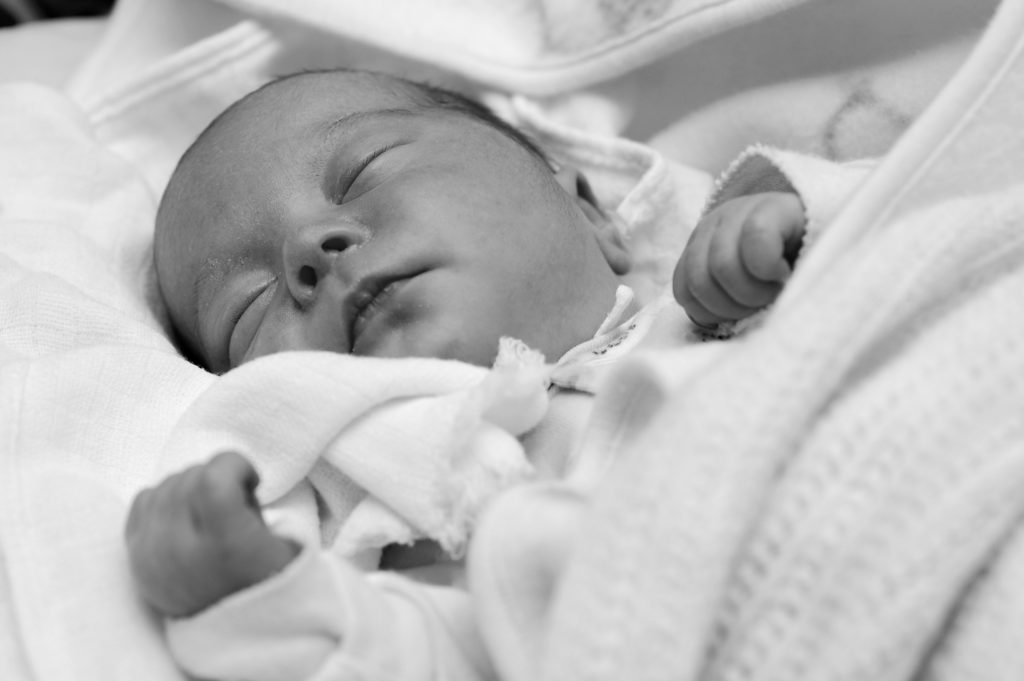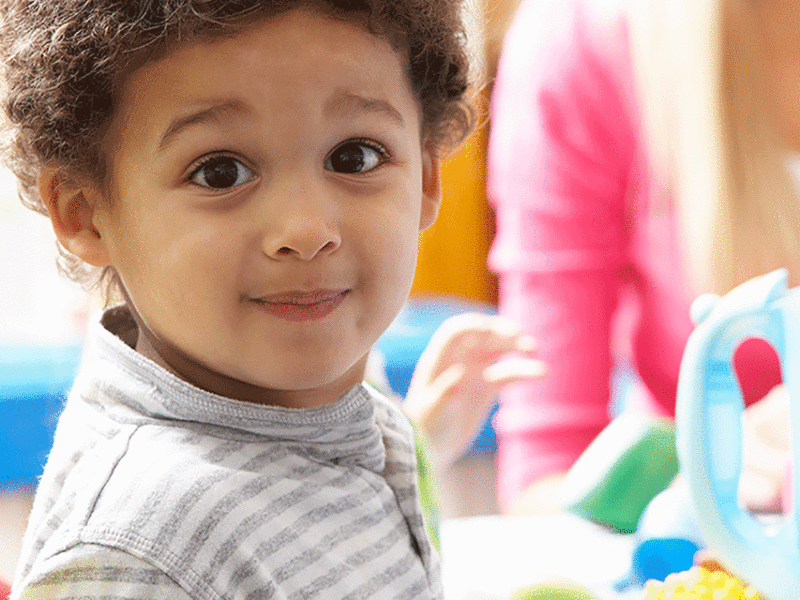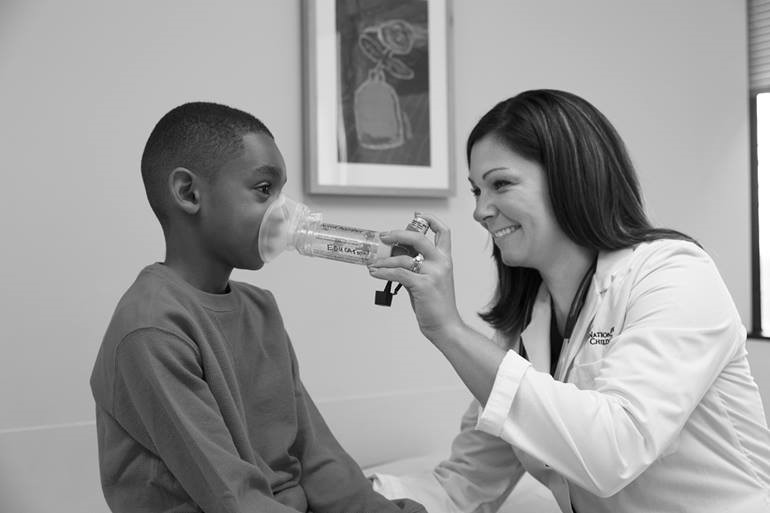Challenges and Experiences of LGBTQI+ Parents Regarding Infant Feeding
Challenges and Experiences of LGBTQI+ Parents Regarding Infant Feeding https://pediatricsnationwide.org/wp-content/uploads/2021/01/89925896-1-1024x681.jpg 1024 681 Mary Bates, PhD Mary Bates, PhD https://secure.gravatar.com/avatar/c6233ca2b7754ab7c4c820e14eb518c8?s=96&d=mm&r=g- December 21, 2021
- Mary Bates, PhD

New study identifies challenges faced by LGBTQI+ parents, factors that can help healthcare providers improve their support.
A new study is the first to explore the experiences of Lesbian, Gay, Bisexual, Transgender, Queer/Questioning, or Intersex, Plus (LGBTQI+) parents and identify the factors that influence their decisions on infant nutrition. The authors of the report say that recognizing these factors can help healthcare professionals improve their support of LGBTQI+ parents.
Although more individuals who identify as LGBTQI+ are becoming parents, there is limited research on these families’ experiences, particularly around infant feeding discussions.
“I realized that in pediatric and neonatal training, we do not receive a lot of education about lactation and breast feeding, and we get zero education about gender-diverse populations,” says Jason Jackson, DO, associate medical director of the C4 NICU at Nationwide Children’s and lead author of the new study.
Dr. Jackson set out to get the perspective of LGBTQI+ parents on how they felt they were supported throughout the course of their prenatal and postnatal care regarding feeding decisions. He and his colleagues performed a qualitative, interview-based study to explore LGBTQI+ parental experiences and identify how healthcare professionals can better support this population.
Twenty-one parents from 12 families participated, and analyses revealed four main themes representing opportunities for improvement: education, continuity of care, parental engagement and open communication.
For instance, Dr. Jackson points to the finding that health care professionals were not the primary source of education about infant feeding for these families.
“For gender-diverse families or cis-gendered same-sex families, they don’t feel represented by the education that is provided, so they seek out different sources, namely community friends and the internet,” he says.
In addition, lack of communication could be problematic when making assumptions about parents’ gender identities. Dr. Jackson, who is also an assistant professor of pediatrics at The Ohio State University College of Medicine, emphasizes the need for health care professionals to be aware of gender diversity and avoid biases.
“When you are walking into a room, don’t assume that the woman holding the baby is ‘mom’ and the other person in the room is ‘dad,’ or that all female-presenting people are going to breast feed, or even that the person who gave birth is the parent who will breast feed,” he says.
Dr. Jackson and his colleagues hope that this study increases awareness by highlighting areas where health care professionals may improve infant nutrition education and their support of LGBTQI+ parents. He says the conversation about lactation and breast feeding should start well before birth for any family, and this study suggests that health care providers can do more to initiate and encourage open communication to support all parents.
“A lot of these parents felt that although they had gone through different means to have a baby, they didn’t want to be treated as special,” says Dr. Jackson. “They were parents, and they had the same concerns as any cis-gender, heterosexual parents when it came to providing the best possible care for their babies.”
Reference:
Jackson JR, Moreno L, Carmen M, Dadiz R. What are LGBTQI+ parental experiences of healthcare support and decision-making regarding infant feeding options? A grounded theory study. Journal of Perinatology. 2021. https://doi.org/10.1038/s41372-021-01259-4
Image credit: Nationwide Children’s
About the author
Mary a freelance science writer and blogger based in Boston. Her favorite topics include biology, psychology, neuroscience, ecology, and animal behavior. She has a BA in Biology-Psychology with a minor in English from Skidmore College in Saratoga Springs, NY, and a PhD from Brown University, where she researched bat echolocation and bullfrog chorusing.
-
Mary Bates, PhDhttps://pediatricsnationwide.org/author/mary-bates-phd/December 27, 2016
-
Mary Bates, PhDhttps://pediatricsnationwide.org/author/mary-bates-phd/
-
Mary Bates, PhDhttps://pediatricsnationwide.org/author/mary-bates-phd/
-
Mary Bates, PhDhttps://pediatricsnationwide.org/author/mary-bates-phd/
- Posted In:
- Clinical Updates
- In Brief
- Research






